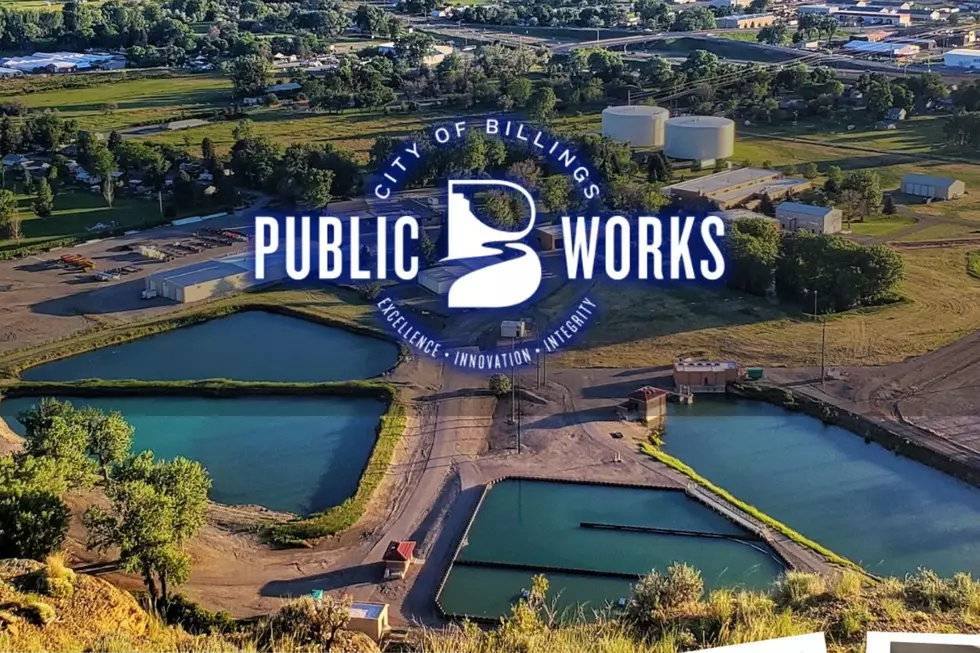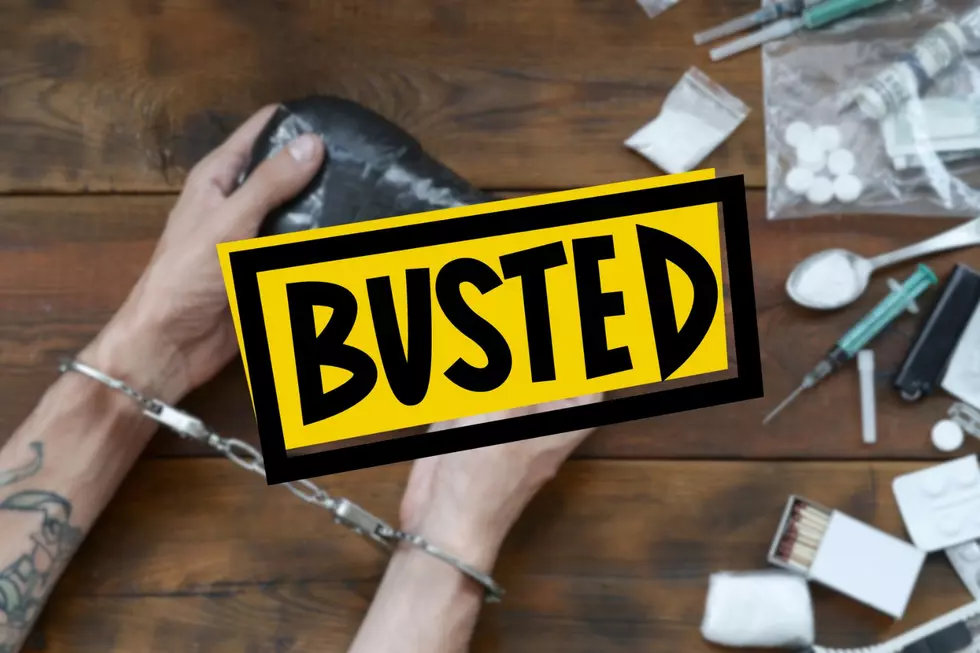
Billings Man Convicted Of Having 50 Grams Of Meth To Resell
Announced today by the United States Department of Justice, a federal jury convicted a Billings man who is accused of possessing over 50 grams of meth, planned for resale and hidden in false bottom cans... and illegally possessing ammo.

A two-day trial ended on Tuesday, July 11th, with the jury finding Shane Edward Johnson, 54, guilty of conspiracy to possess with intent to distribute meth, possession with intent to distribute meth, and prohibited person in possession of ammo. Johnson faces a mandatory minimum of 15 years to life in prison, a $20 million fine, and at least 10 years of supervised release on the conspiracy conviction.
U.S. District Judge Dana L. Christensen presided, and the court will determine any sentence after considering the U.S. Sentencing Guidelines and other statutory factors. Sentencing is set for December 6th, with Johnson detained pending further proceedings.
U.S. Attorney Jesse Laslovich had this to say on the case:
The jury’s verdict is yet another example of our office’s efforts to hold accountable those who seek to poison our communities with drugs, in this instance, methamphetamine. These convictions make Laurel and Billings safer, as another dangerous drug dealer like Johnson won’t be on our streets for a long period of time. I am grateful to Assistant U.S. Attorneys Julie R. Patten and Zeno B. Baucus, along with the U.S. Postal Service, FBI, Billings Police Department and Yellowstone County Sheriff’s Office for investigating and prosecuting this case.
About Project Safe Neighborhoods
This case is part of Project Safe Neighborhoods (PSN), a program bringing together all levels of law enforcement and the communities they serve to reduce violent crime and gun violence, and to make our neighborhoods safer for everyone. On May 26, 2021, the Department launched a violent crime reduction strategy strengthening PSN based on these core principles: fostering trust and legitimacy in our communities, supporting community-based organizations that help prevent violence from occurring in the first place, setting focused and strategic enforcement priorities, and measuring the results.
(Source: Justice.gov)
Hot Air Balloon Rides in Montana: What to Expect
More From 103.7 The Hawk









